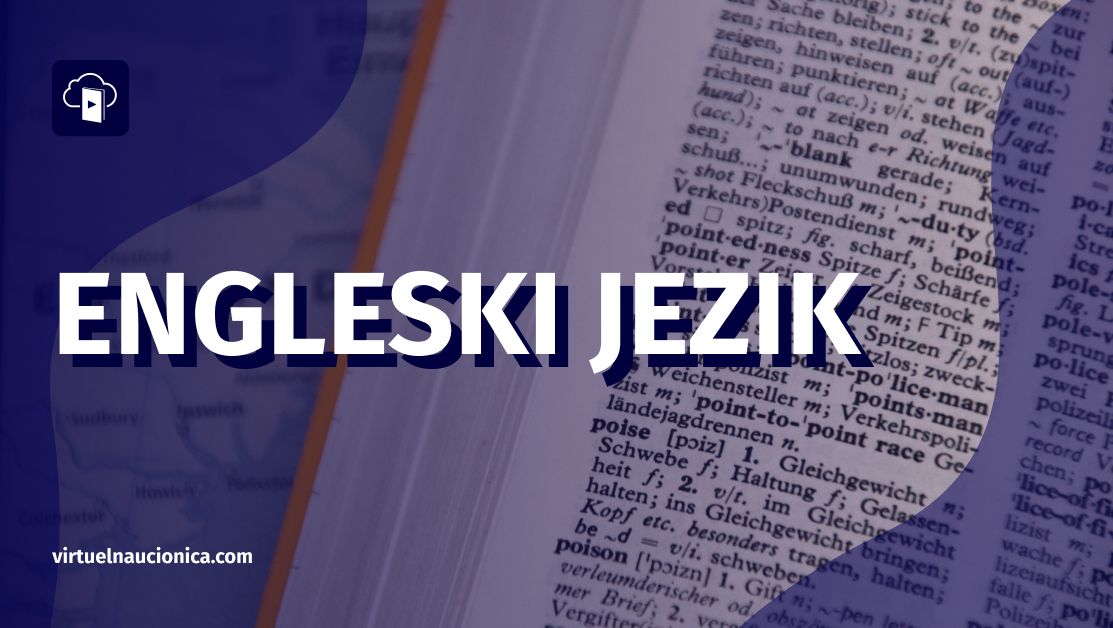Tekstualno objašnjenje za Relative clauses - klauzule kao dodatne informativne konstrukcije
Dva tipa odnosnih rečenica
Postoje dva tipa odnosnih rečenica.
Prvi tip odnosnih rečenica nam govore na koju osobu ili stvar (ili kakvu osobu/stvar) govornik misli. Pri pisanju ovog tipa, ne koristimo zareze. Pogledajmo sledeće primere:
- The man who lives next door to me is an English teacher. (kazuje nam koji čovek)
- She stayed at the hotel (that) her friend recommended. (kazuje nam koji hotel)
Drugi tip odnosnih rečenica nam ne govori na koju osobu ili stvar govornik misli. Mi već znamo o kome ili čemu je reč. One nam samo pružaju dodatne informacije o nekoj određenoj osobi ili stvari. U ovom slučaju koristimo zareze.
Pogledajmo sledeći primer:
- My sister Kate, who lives in New York, is a doctor.
Odnosne rečenice sa who ili which
U oba tipa odnosnih rečenica koristićemo who za ljude i which za stvari.
Međutim, u prvom tipu odnosnih rečenica:
- možemo koristiti that
Do you know anyone who/that speaks German? - možemo izostaviti who/which/that ako je u pitanju objekat
We stayed at the hotel (that/which) my mother recommended. - ne koristimo često whom u ovom tipu odnosnih rečenica
U drugom tipu odnosnih rečenica:
- ne možemo koristiti that:
Ben, who speaks French, works as a teacher. (not that speaks) - ne možemo izostaviti who ili which:
They stayed at the Grand Hotel, which our friends recommended.
Yesterday I met Kate, who I hadn’t seen for ages. - možemo koristiti whom, ukoliko je u pitanju objekat:
Yesterday I met Kate, whom I hadn’t seen for ages.
Odnosne rečenice sa whose ili where
U oba tipa odnosnih rečenica možemo koristiti whose ili where:
- He helped some people whose car had broken down.
- What is the name of the city where you went on holiday?
- Lisa, whose bike had broken down, was in a horrible mood.
Predlog + whom/which
Kada je u pitanju ova konstrukcija, možemo koristiti predlog + whom za ljude, a predlog + which za stvari.
Dakle, reći ćemo:
- to whom, with whom, about whom…
Mr Martin, to whom I spoke at the meeting, is interested in our company’s proposal. - of which, without which, from which…
We were lucky! We had a good map, without which we would have got lost.
U govornom engleskom jeziku, često predlog postavljamo iza glagola u odnosnoj rečenici:
- Mary told me she works for a company called ‘DataCom’, which I had never heard of before.
Ne koristimo whom kada je predlog na pomenutoj poziciji:
- Mr Martin, who I spoke to at the meeting, is interested in our company’s proposal.
(not Mr Martin, whom I spoke to …)
all of / most of, itd. + whom/which
Proučite sledeće primere:
- Ann has four brothers, all of whom are married.
- He asked me lots of questions, most of which I couldn’t answer.
Isto tako, možemo reći:
- many of whom, some of whom, neither of whom etc. (za ljude)
Two women, neither of whom I had seen before, came into the bar.
Mr Lee has a lot of friends, many of whom he was at school with. - none of which, both of which, one of which etc. (za stvari)
John tried on five jackets, none of which fitted him.
She has four cars, two of which she rarely uses.
Takođe, u rečenicama možemo upotrebiti sledeće izraze:
- the cause of which, the name of which…
Their house was damaged in a fire, the cause of which was never established.
My parents stayed at a beautiful hotel, the name of which I don’t remember now.
Dodatna objašnjenja
Postoje određene situacije kada je pravilno upotrebiti which, a ne what.
Pogledajte navedeni primer:
- John got the job. This surprised everybody. (dve rečenice)
- John got the job, which surprised everybody. (odnosna rečenica, 1 rečenica)



